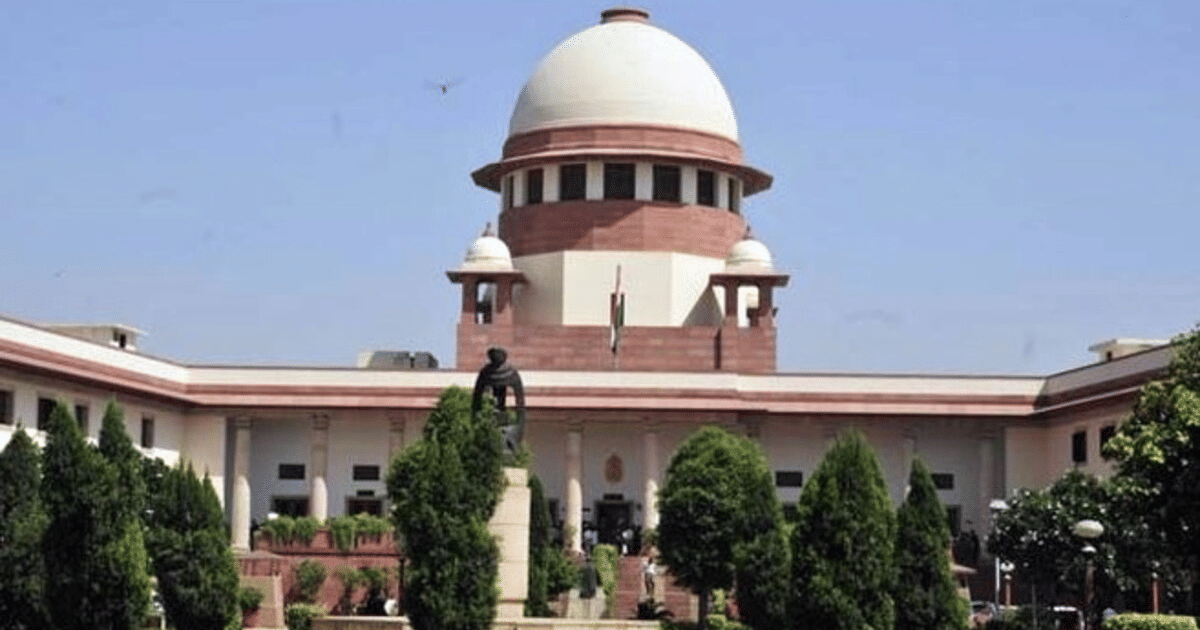 |
|
In a landmark judgment, India's Supreme Court has taken a significant step towards eliminating caste-based discrimination within the prison system. On Thursday, October 3, 2023, the court struck down discriminatory provisions in the prison manuals of several states, effectively prohibiting the practice of allocating tasks and segregating inmates based on their caste. This decision, delivered by a bench headed by Chief Justice D Y Chandrachud, signals a major victory for equality and justice within Indian prisons.
The court specifically denounced the practice of assigning menial tasks, such as cleaning sewers, to prisoners from marginalized castes. It emphasized that prisoners should be entitled to a fair and equitable distribution of tasks, irrespective of their caste. The court further highlighted the harmful nature of segregating prisoners by caste, stating that such practices violate the fundamental principles of equality and undermine the very purpose of rehabilitation within the prison system.
This decision stems from a petition filed by Sukanya Shantha, a resident of Kalyan, Maharashtra, who brought to light the blatant caste-based discrimination prevalent in prison manuals across several states. The petition cited instances where the allocation of work, from cooking to cleaning, was explicitly determined by caste. For instance, the Kerala Prison Rules, it was pointed out, differentiated between habitual offenders and re-convicted criminals, mandating the segregation of those with a history of theft or robbery. The West Bengal Jail Code, meanwhile, assigned tasks based on caste, reserving cooking for dominant castes and assigning sweeping duties to specific castes.
The Supreme Court, recognizing the gravity of the situation, directed all states to amend their prison manuals within three months to eliminate all caste-based discriminatory provisions. The court further instructed the Union Government to revise the Model Prison Rules to ensure that caste-based segregation is completely eradicated from the prison system.
The Supreme Court's decision to eliminate caste-based discrimination in prisons is a significant step towards ensuring a more equitable and just prison system in India. It sends a strong message that caste should not be a basis for discrimination, particularly within the context of rehabilitation and the pursuit of justice. The court's directives to states and the Union Government to amend their respective prison rules are crucial steps towards achieving this goal. The implementation of these directives will require careful monitoring and consistent effort to ensure that the spirit of the judgment is truly realized.
Source: Supreme Court Sets Aside Rules Enabling Caste-Based Discrimination In Prisons—All About It
